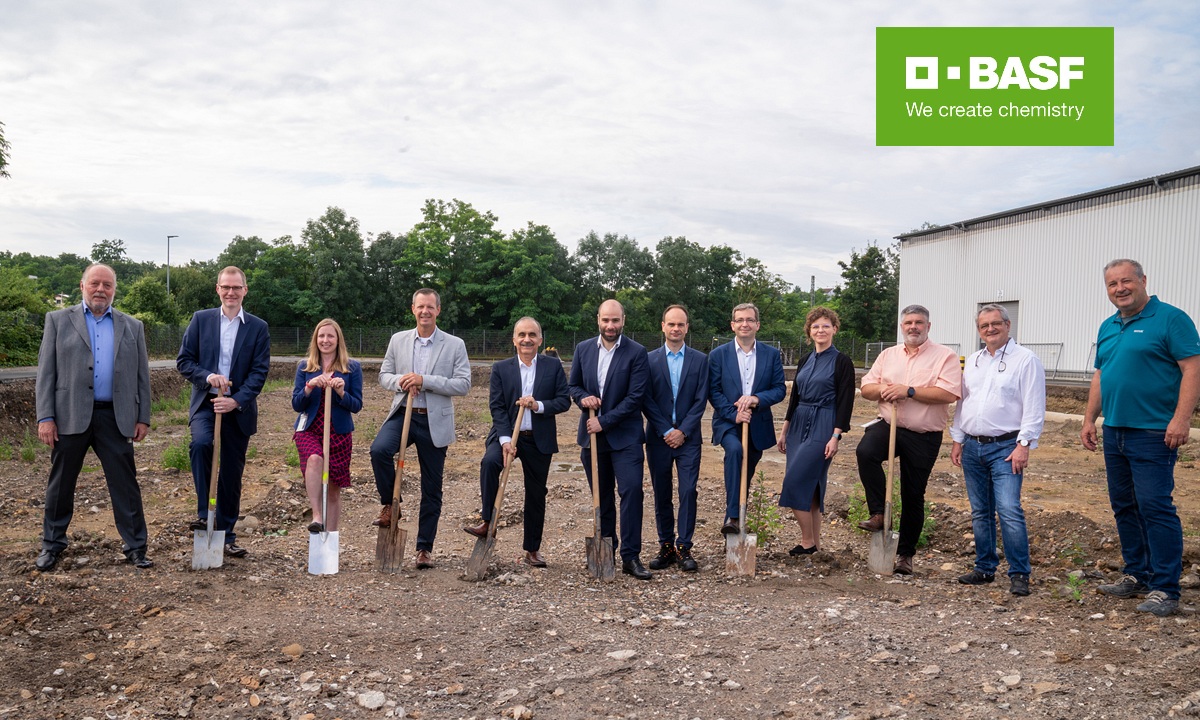Basf Environmental Catalyst And Metal Solutions

The global push for cleaner air and reduced greenhouse gas emissions is intensifying pressure on industries to innovate. BASF Environmental Catalyst and Metal Solutions (ECMS), a leading provider of mobile emissions catalysts, precious metal services, and chemical catalysts, finds itself at the forefront of this challenge. Facing stricter regulations and growing environmental consciousness, the company is navigating a complex landscape of technological advancements, market demands, and sustainability goals.
This article delves into BASF ECMS's strategic initiatives, exploring its commitment to developing next-generation catalyst technologies, optimizing precious metal management, and contributing to a circular economy. It examines the company's role in mitigating environmental impact across various sectors, from automotive to chemical production, while also acknowledging the hurdles and opportunities that lie ahead in a rapidly evolving industry.
Advanced Catalyst Technologies for a Cleaner Future
BASF ECMS is heavily invested in research and development, focusing on creating catalysts that enhance fuel efficiency and reduce harmful emissions from vehicles. This includes developing advanced three-way catalysts (TWC) for gasoline engines and diesel oxidation catalysts (DOC) and selective catalytic reduction (SCR) systems for diesel engines. These innovations are crucial for meeting increasingly stringent emission standards globally, such as the Euro 7 regulations in Europe and equivalent standards in other regions.
The company is also exploring new catalyst materials and designs to improve performance at lower temperatures, addressing a common challenge in cold-start conditions. Dr. Matthias Pfeiffer, Head of Research and Development at BASF ECMS, emphasizes the importance of continuous innovation: "Our commitment is to develop solutions that not only meet current regulations but also anticipate future needs, enabling our customers to achieve their sustainability goals."
Beyond traditional combustion engines, BASF ECMS is actively involved in developing catalysts for alternative powertrains, including hybrid electric vehicles (HEVs) and fuel cell electric vehicles (FCEVs). For HEVs, the company is refining catalyst technologies to address emissions during intermittent engine operation. For FCEVs, they are working on catalysts for hydrogen production and purification, vital components for fuel cell efficiency and durability.
Precious Metal Management and Circular Economy
Precious metals, such as platinum, palladium, and rhodium, are essential components in many catalysts. BASF ECMS recognizes the importance of responsible sourcing and efficient use of these resources. The company operates a sophisticated precious metal management system that includes sourcing, refining, and recycling processes.
"Circularity is a core principle of our business," states Mark Vergnano, CEO of BASF ECMS. "We strive to maximize the recovery and reuse of precious metals from spent catalysts, reducing our reliance on primary mining and minimizing environmental impact." This commitment extends to partnering with customers to establish closed-loop recycling programs.
BASF ECMS's recycling facilities employ advanced technologies to recover precious metals from end-of-life catalysts, ensuring high recovery rates and minimizing waste. The recovered metals are then reintroduced into the production cycle, reducing the demand for newly mined materials. This contributes to a more sustainable supply chain and reduces the overall environmental footprint of catalyst production.
Applications Beyond Automotive: Chemical and Industrial Catalysis
While mobile emissions catalysts represent a significant portion of BASF ECMS's business, the company also provides a wide range of chemical and industrial catalysts. These catalysts are used in various applications, including the production of plastics, fertilizers, and pharmaceuticals. They play a crucial role in improving the efficiency and sustainability of chemical processes.
BASF ECMS is developing catalysts that enable the use of alternative feedstocks, such as biomass and recycled plastics, in chemical production. This helps to reduce reliance on fossil fuels and promote a circular economy in the chemical industry. The company also offers catalysts that minimize waste generation and energy consumption in chemical processes.
Furthermore, BASF ECMS provides catalysts for air purification and water treatment, addressing environmental challenges beyond emissions control. These catalysts remove pollutants from industrial exhaust streams and wastewater, helping to protect air and water quality. This demonstrates the company's commitment to a broader range of environmental solutions.
Challenges and Opportunities
Despite its advancements, BASF ECMS faces several challenges. The rapid transition to electric vehicles poses a long-term threat to the demand for mobile emissions catalysts. The automotive industry is rapidly evolving, and the company needs to adapt its business model to remain competitive.
Fluctuations in precious metal prices also create volatility in the market. Managing these price swings and ensuring a stable supply of precious metals is a constant challenge. Furthermore, increasing regulatory scrutiny and public pressure demand continuous improvement in environmental performance.
However, these challenges also present opportunities. The growing demand for sustainable chemical processes creates a market for innovative catalysts. The need for efficient recycling of precious metals will continue to drive demand for BASF ECMS's recycling services. Moreover, the company can leverage its expertise in catalyst technology to develop solutions for emerging environmental challenges, such as carbon capture and utilization.
Looking Ahead: A Sustainable Future
BASF ECMS is committed to playing a leading role in the transition to a more sustainable future. The company will continue to invest in research and development to create innovative catalyst technologies that reduce emissions, improve resource efficiency, and promote a circular economy. Collaboration with customers, suppliers, and research institutions will be crucial to achieving these goals.
Dr. Pfeiffer concludes, "Our vision is to be a leading provider of sustainable catalyst solutions that help our customers and society address the world's most pressing environmental challenges. We believe that innovation, collaboration, and a commitment to circularity are essential to achieving this vision."
By focusing on these strategic priorities, BASF ECMS aims to navigate the evolving landscape and remain a key player in the global effort to create a cleaner and more sustainable world.


